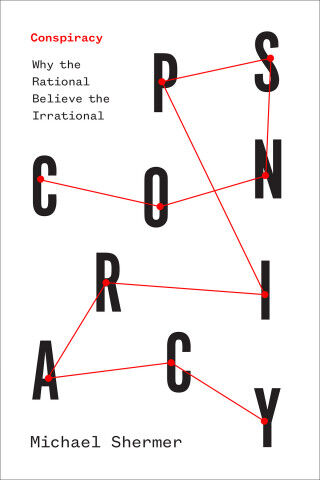Opinion | We haven’t been prepared for pandemics for years. That must change. – The Washington Post
Opinion | We haven’t been prepared for pandemics for years. That must change. The Washington Post


We appreciate the continued attention to the coronavirus disaster but are concerned that the emphasis in the May 10 editorial “One million dead” on the failures of the Trump administration as the primary cause obscures much graver and longer-standing dysfunction.
Though poor leadership, confused risk communication and the fracturing of institutional trust helped create the crisis, these elements proceeded down preexisting fault lines that have been exacerbated by prior pandemics but have been left out of our planning paradigms. The hyper-politicized reality of 2020 only aggravated predicted failures of the pandemic response. This political reality is not poised to change regardless of party control of the White House or Congress.
It is well documented that voters do not reward politicians for preparedness. For years, this has left them little incentive to make the necessary investment decisions that can prevent or mitigate disasters and the inequities of their impacts. Congress and presidents had been routinely warned about pandemic risk for at least two decades but chose not to take proportional action. If we continue to point fingers while neglecting this political sociology of pandemics, history will simply repeat itself.
Ellen P. Carlin, Washington
Jeff Schlegelmilch, Manchester, Conn.
The May 10 editorial on coronavirus deaths could have been clearer on facts regarding the deaths approaching 1 million. It would have been interesting to project how many more might have died of covid-19, the disease caused by the coronavirus, if not for Operation Warp Speed, which delivered vaccines maybe a year earlier than projected.
The widespread disruption in schooling was in many ways unwarranted. Numerous reports pointed out that the coronavirus did not have the threat for our youths that required our children being taken out of their schools. So the mental stress and the loss of a year or more of education that widened the academic gap for our at-risk youth population are on the shoulders of the administrations, whether national, state or local.
Patrick Walsh, Linthicum
Regarding Michael Gerson’s May 11 Wednesday Opinion column, “Bill Gates presents a pandemic plea and a plan”:
Pandemic preparedness is often considered an abstract concept. But, in reality, it is a tangible endeavor. I’m hopeful for Bill Gates’s Global Epidemic Response and Mobilization proposal, but will it be enough?
Three months before the coronavirus pandemic, leading global health experts believed that the United States was the most prepared nation for a pandemic. This report, the 2019 Global Health Security Index, was headed by Johns Hopkins faculty and former Obama administration officials. The report was rigorous and authoritative. It was also funded, in part, by the Bill & Melinda Gates Foundation. The index was updated in 2021, with the United States again taking the top spot. (Australia, Finland, Canada and Thailand rounded out the top five.)
Early detection for pandemics might be key, but the national response is the lock on which pandemic preparedness turns. How national leaders respond to a pandemic — and how the public receives (or rejects) their recommendations — dictates whether the health-care infrastructure in place matters in the end.
Mark Dornauer, Washington
The writer is a visiting fellow in health care at the Foundation for Research on Equal Opportunity.



